The Future Earth USA Hub functions primarily as a non-governmental, non-profit organization in collaboration with the Institute for a Sustainable Earth (ISE) at George Mason University (GMU).
Our Projects, Funders & Partners:
The USA Hub’s flagship initiatives are:
- Sustainability Research and Innovation Congress (SRI), An annual, global convening of the global sustainability aimed at inspiring action and promoting a sustainability transformation.
- Anthropocene Magazine, a first-of-its kind publication to focus specifically on the Anthropocene, a new epoch in the geologic history of the planet named for humanity’s influence on the globe.
- Program for Early-stage Grants Advancing Sustainability Science (PEGASuS), which seeks to increase knowledge, promote innovation, and establish evidence-based solutions to the world’s most difficult sustainability challenges.
- Earth Leadership Program, which provides outstanding academic researchers with the skills, approaches, and theoretical frameworks for catalyzing change to address the world’s most pressing sustainability challenges.
- Professional Fellows Program (PFP Oceania)
- A program to advance sustainability science in the USA
In addition, it supports and co-leads the Research & Innovation, Finance & Operations, Communications, and Network Capacity Building activities of the global secretariat.
Funders (past and present) include:
- NSF
- USGCRP
- Gordon and Betty Moore Foundation
- VKRF
- Packard
- Long Now Foundation
- Mitchell Foundation
Partners include:
U.S. Hub Staff
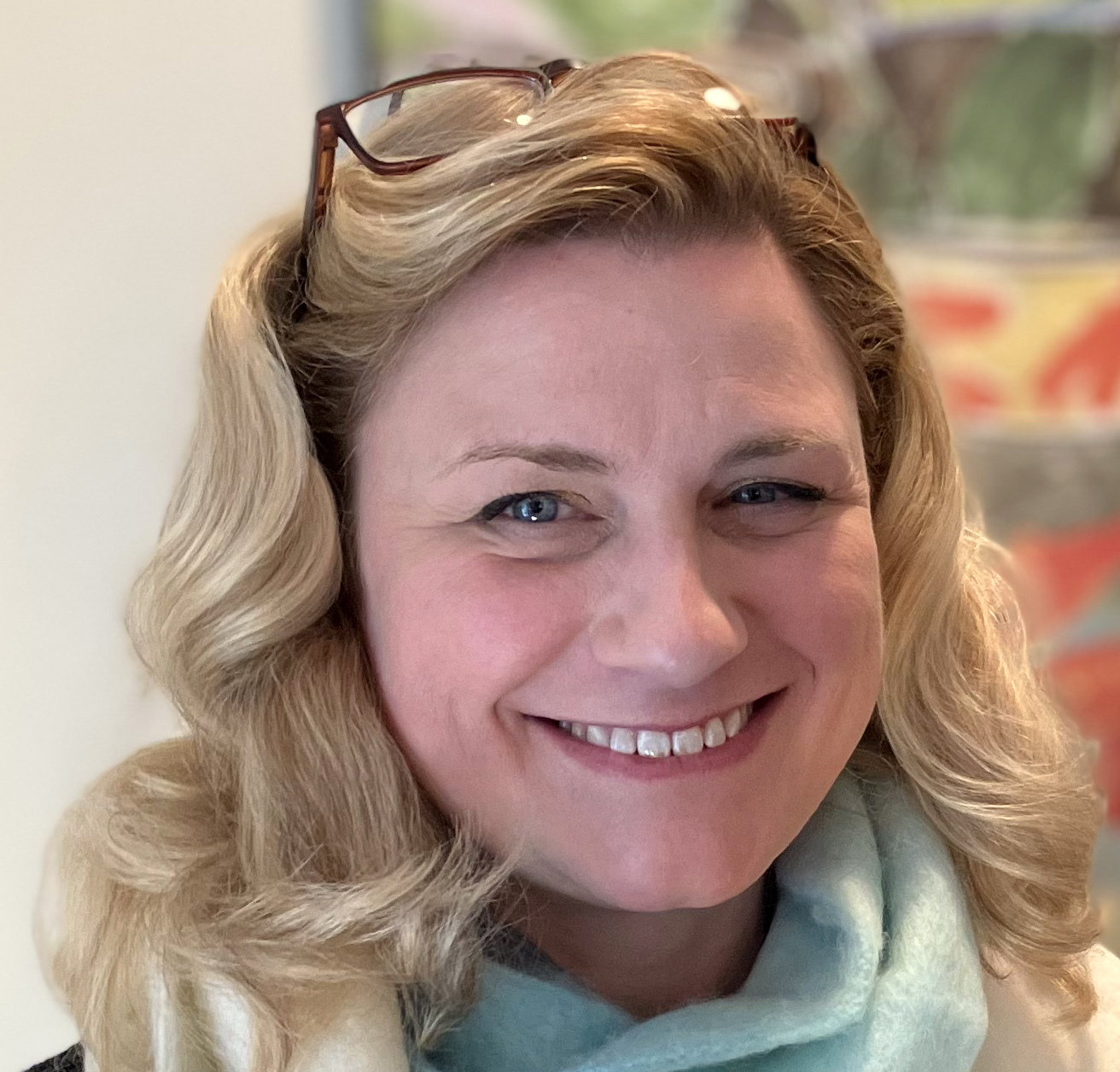
Erica Key
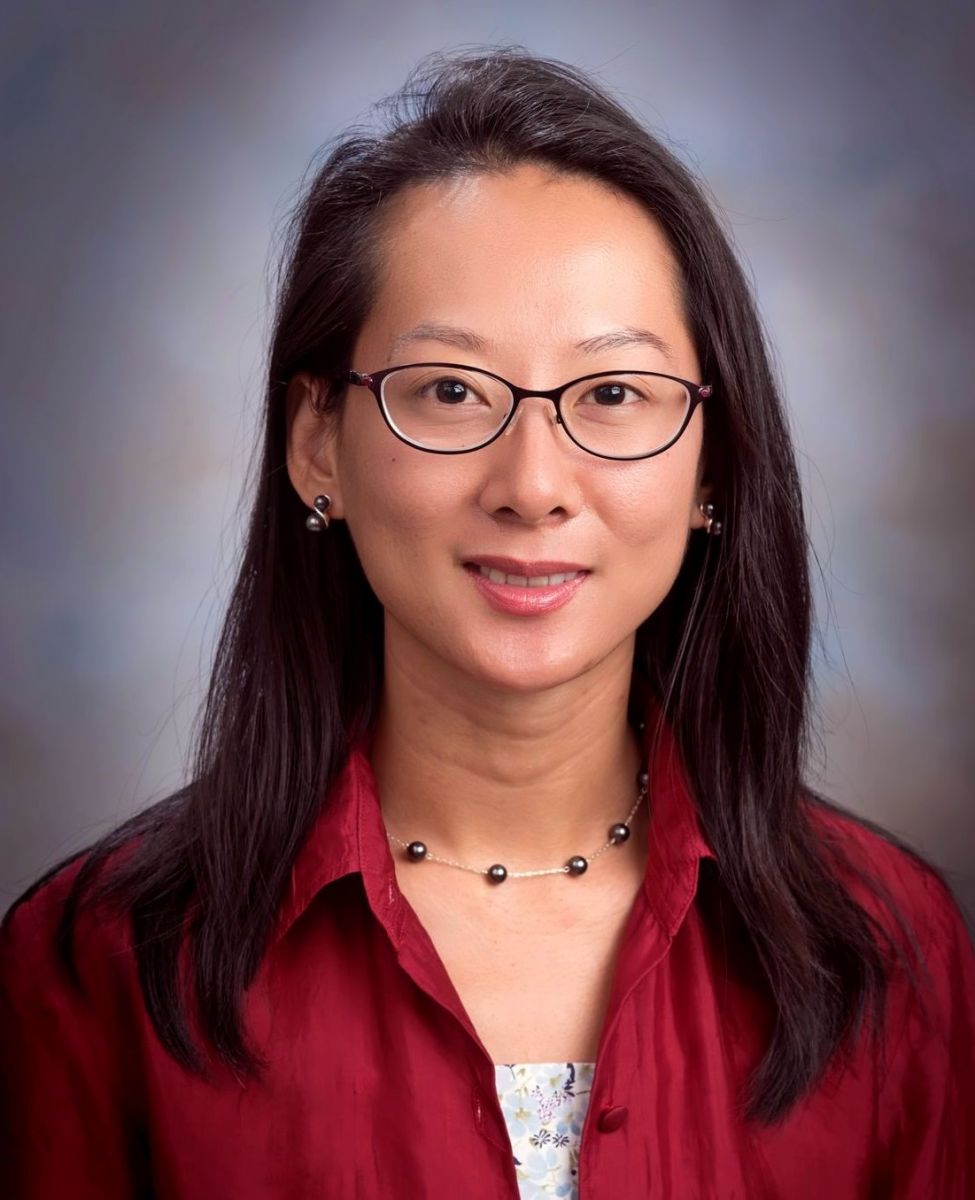
Laurel Milliken
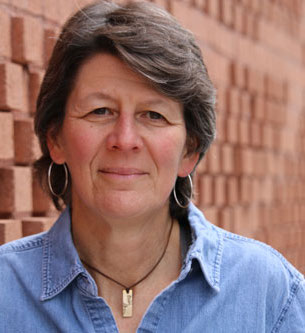
Kathy Kohm
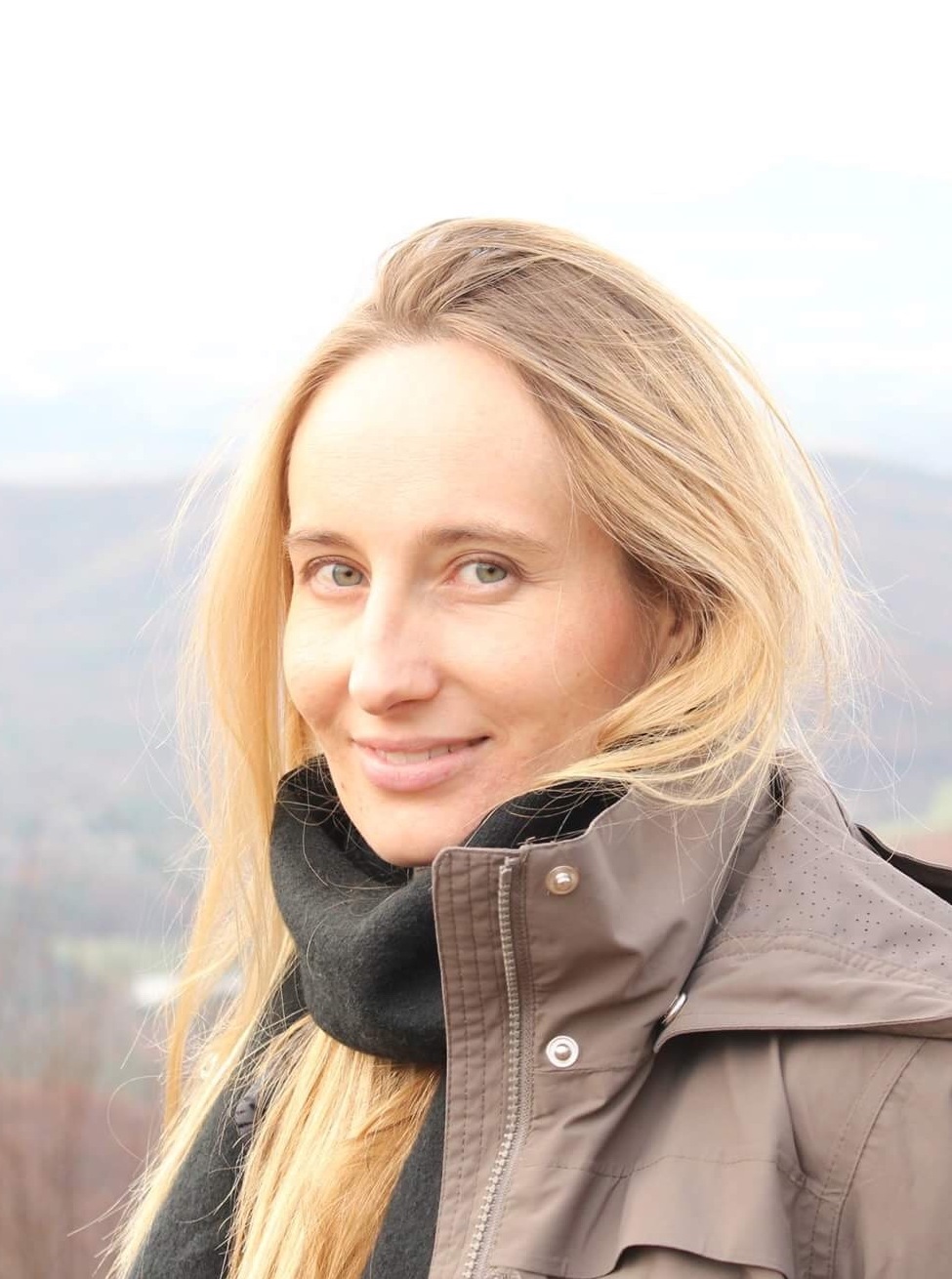
Veera Mitzner
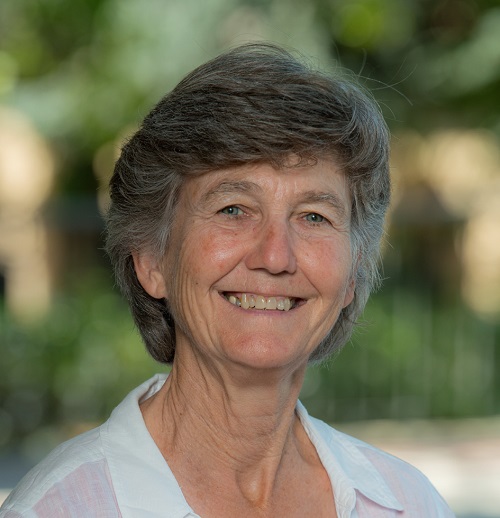
Margaret Krebs
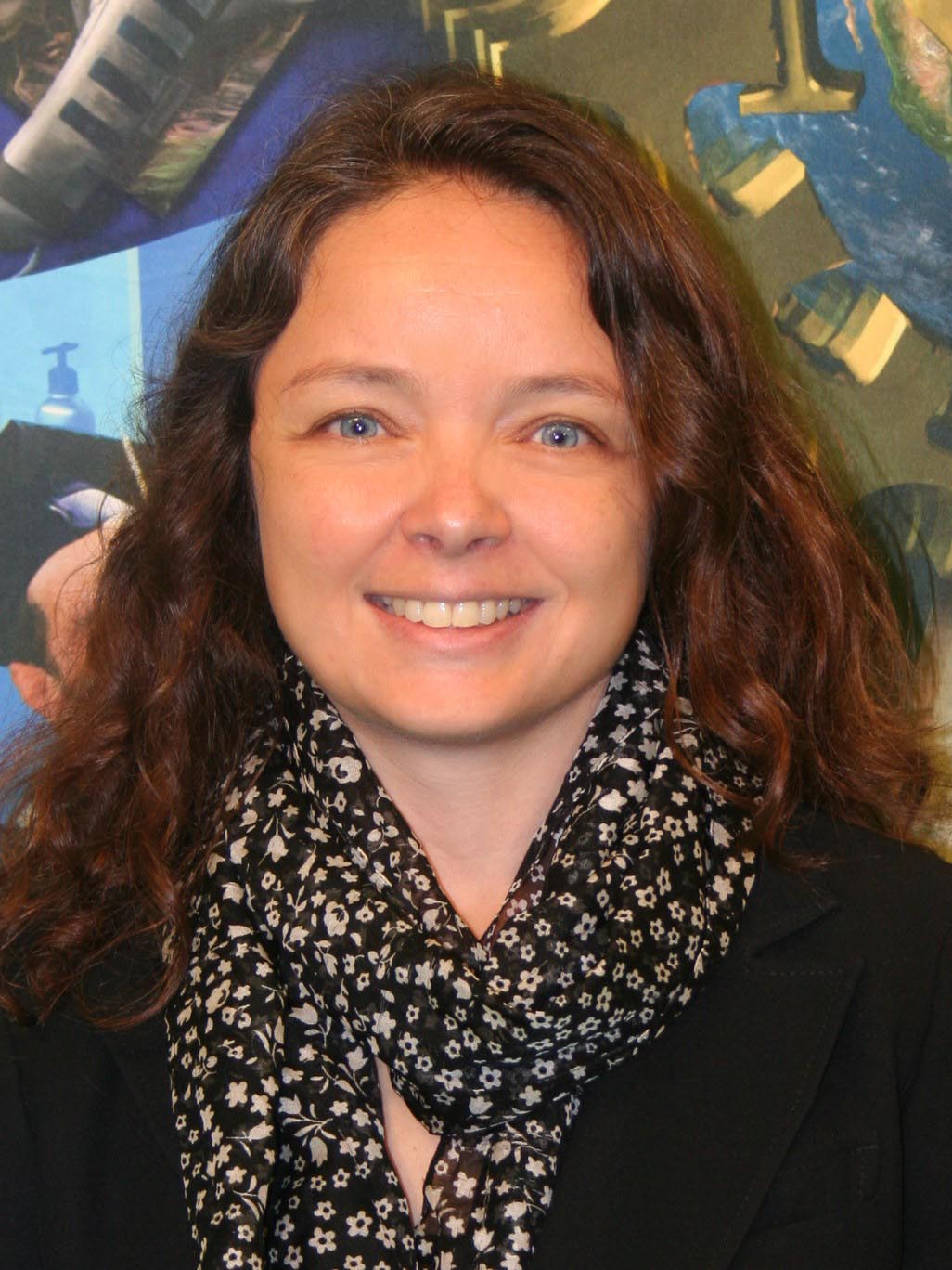
Judit Ungvari
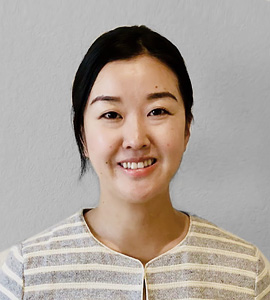
Kyoko Shiota MacAulay
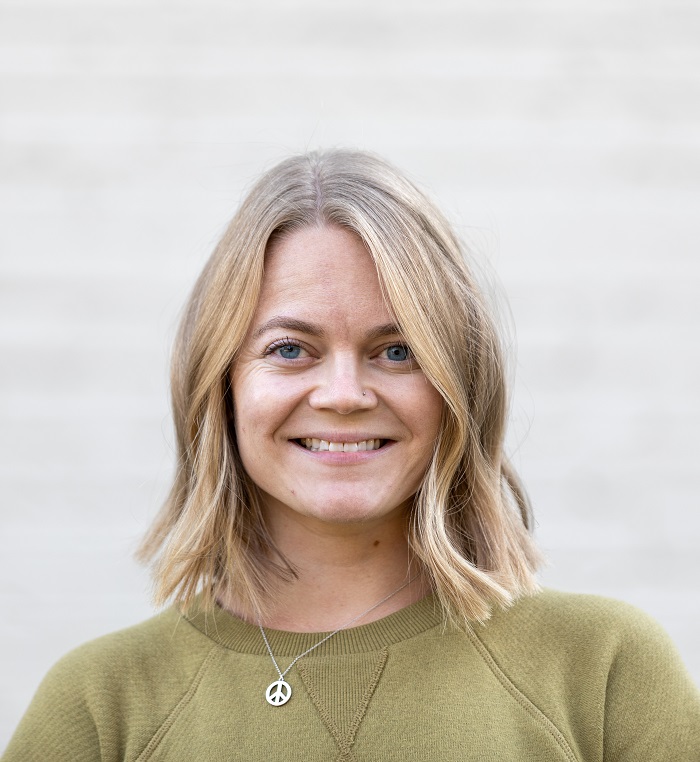
Bridget Blake
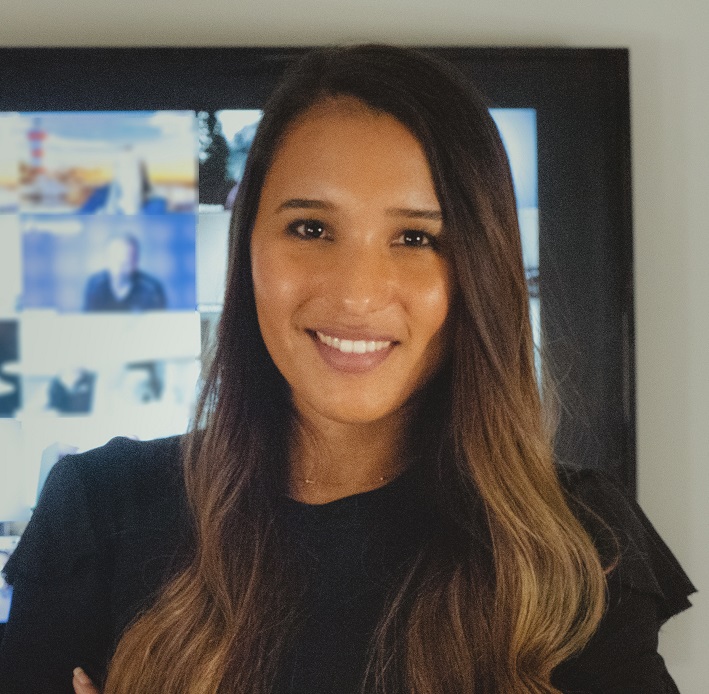
Stephan Useche
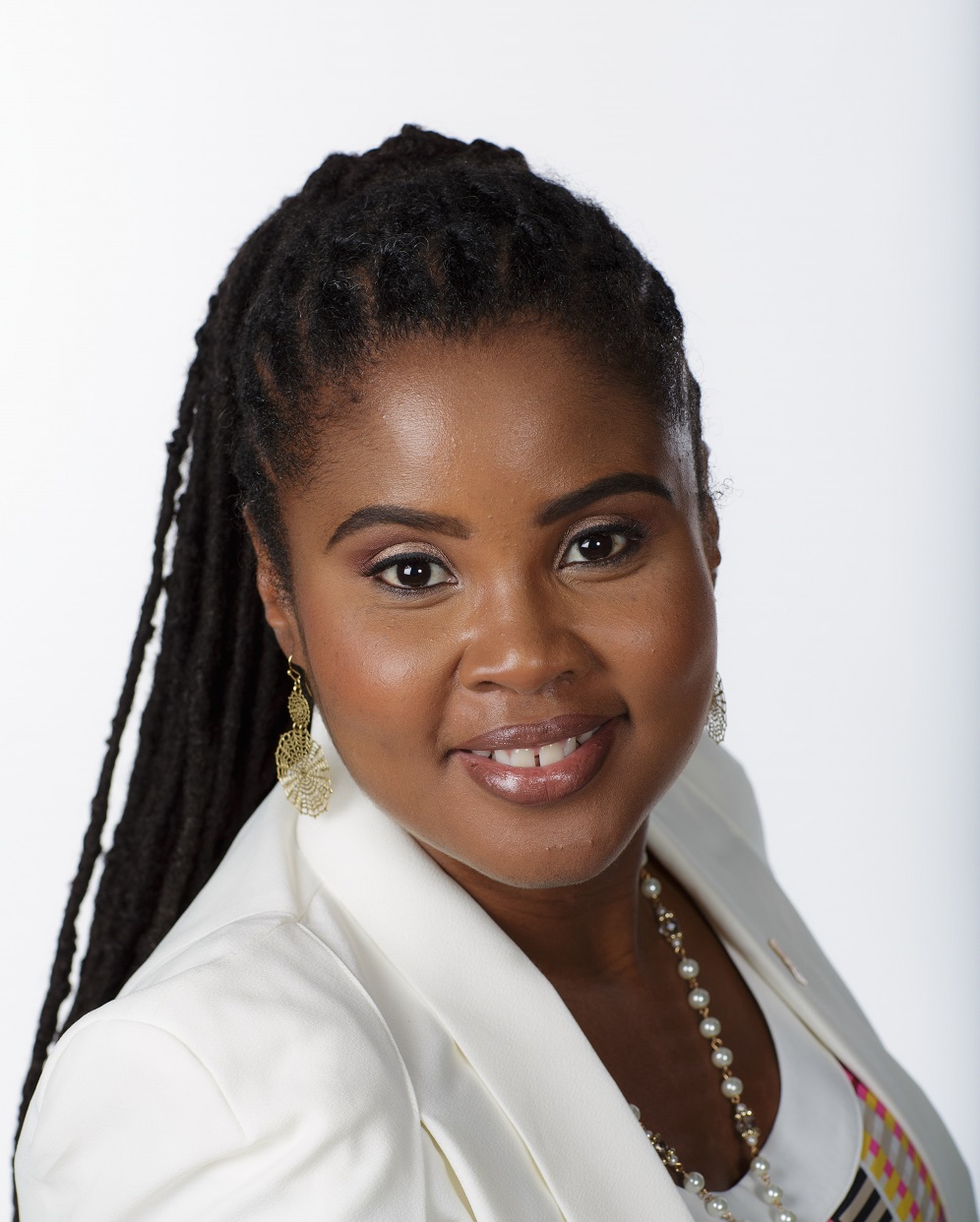
Makyba Charles-Ayinde
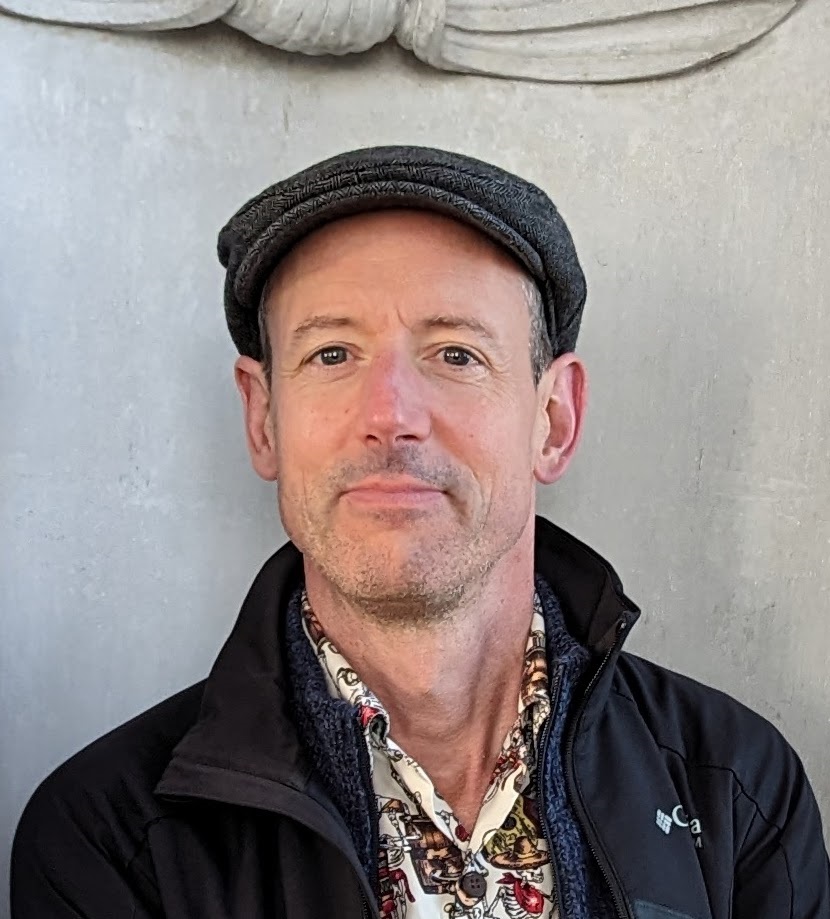
Mark Harris
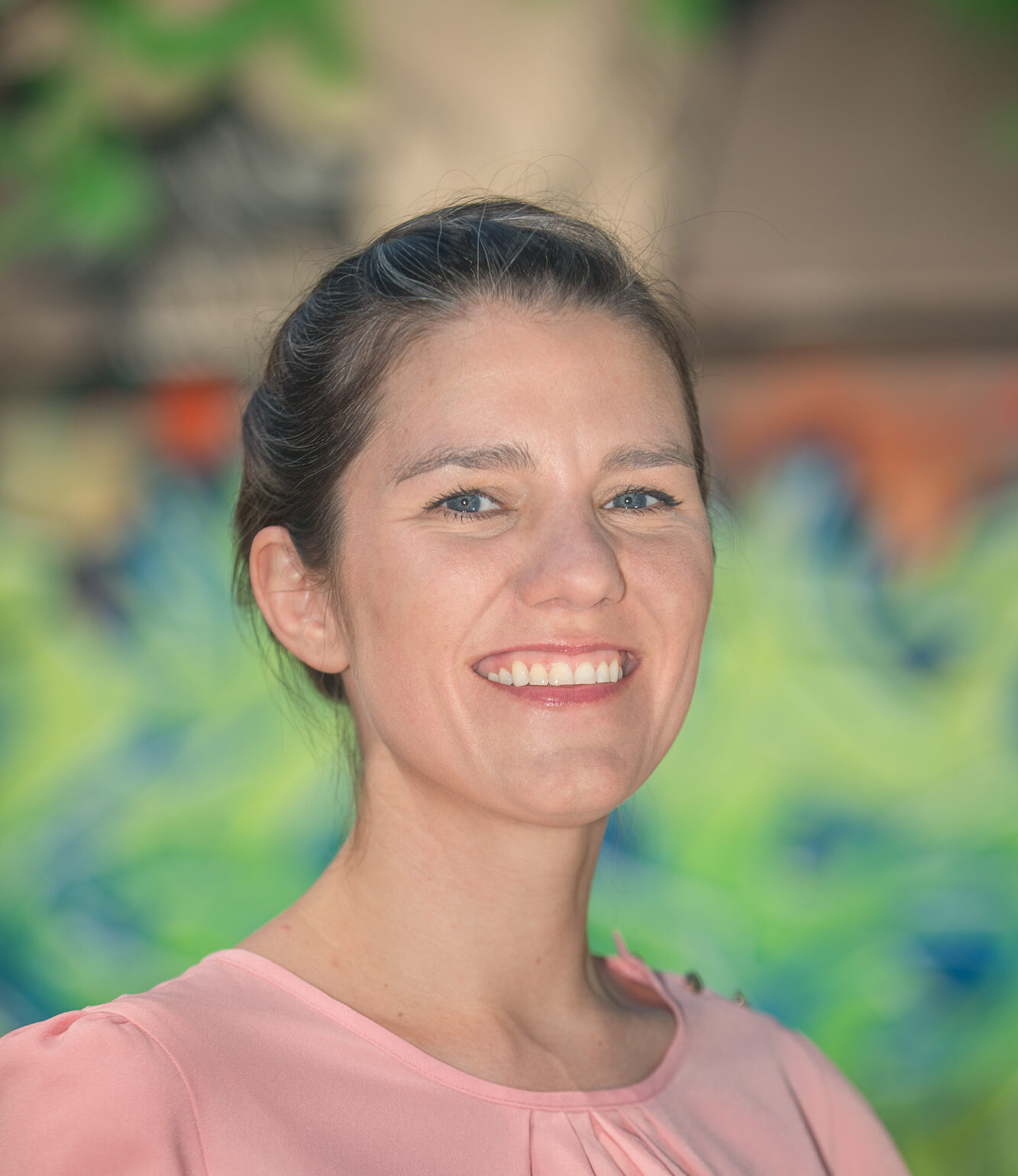
Monika Bauer
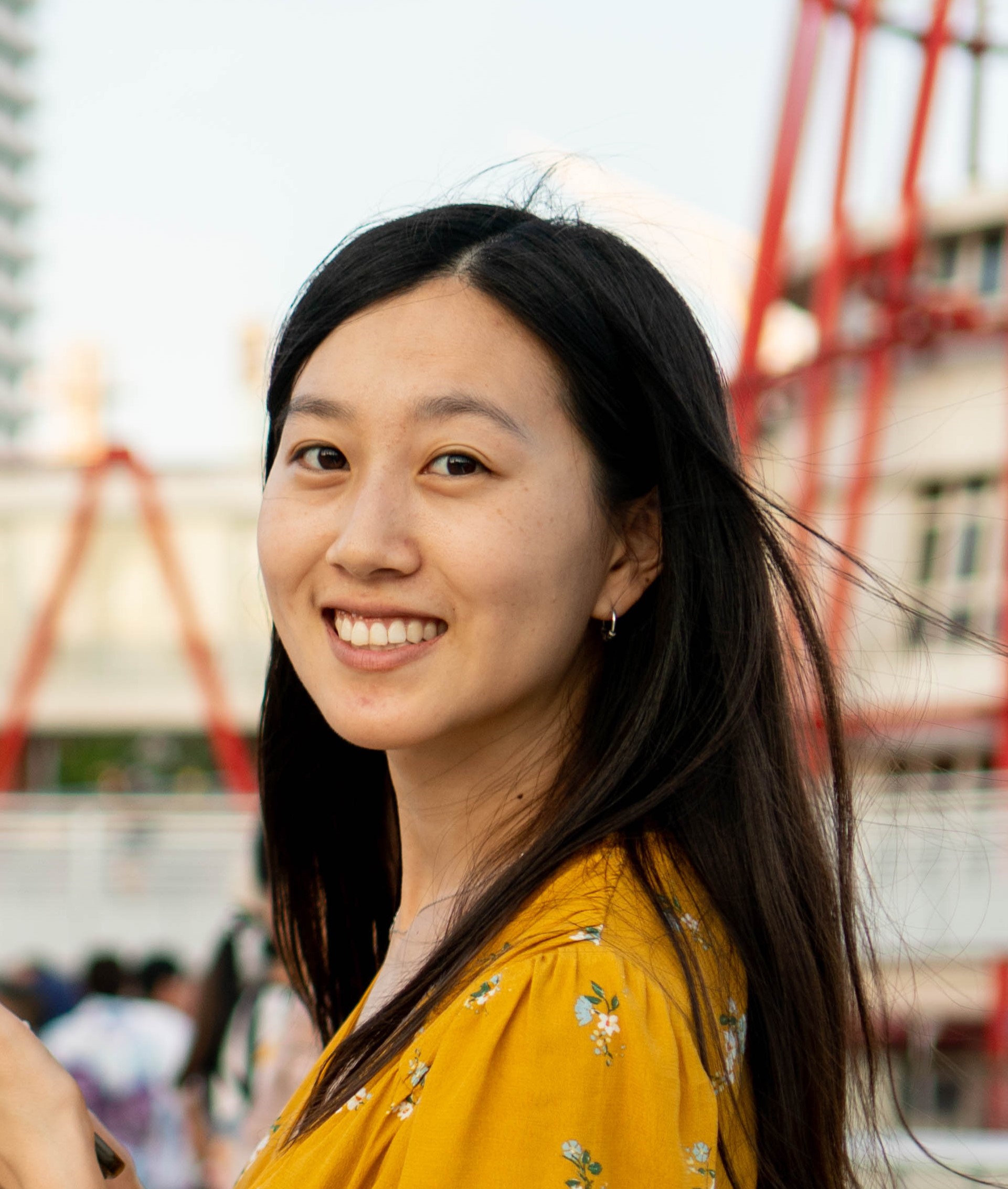
Stephanie Honda
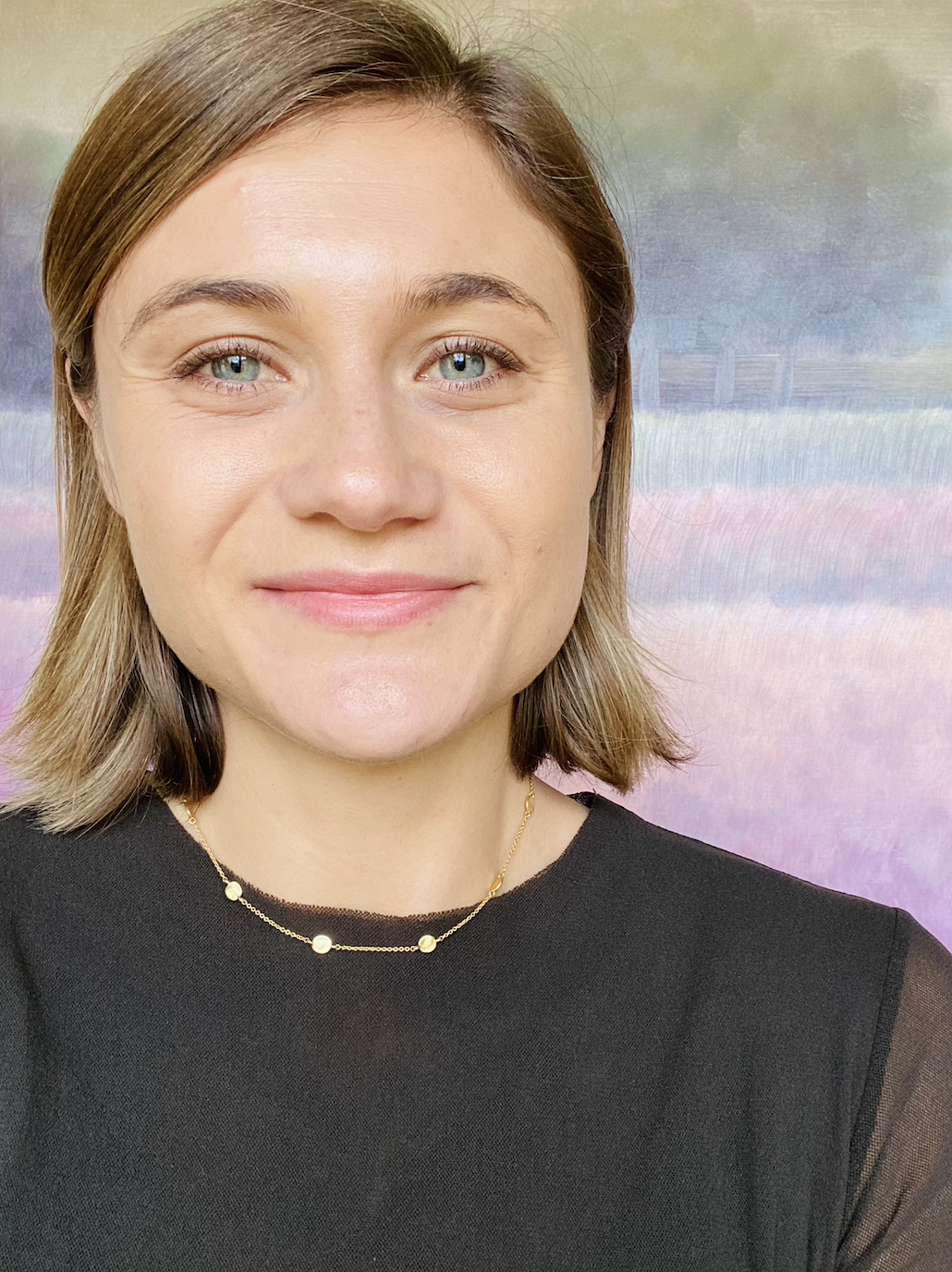
Lalie Marie